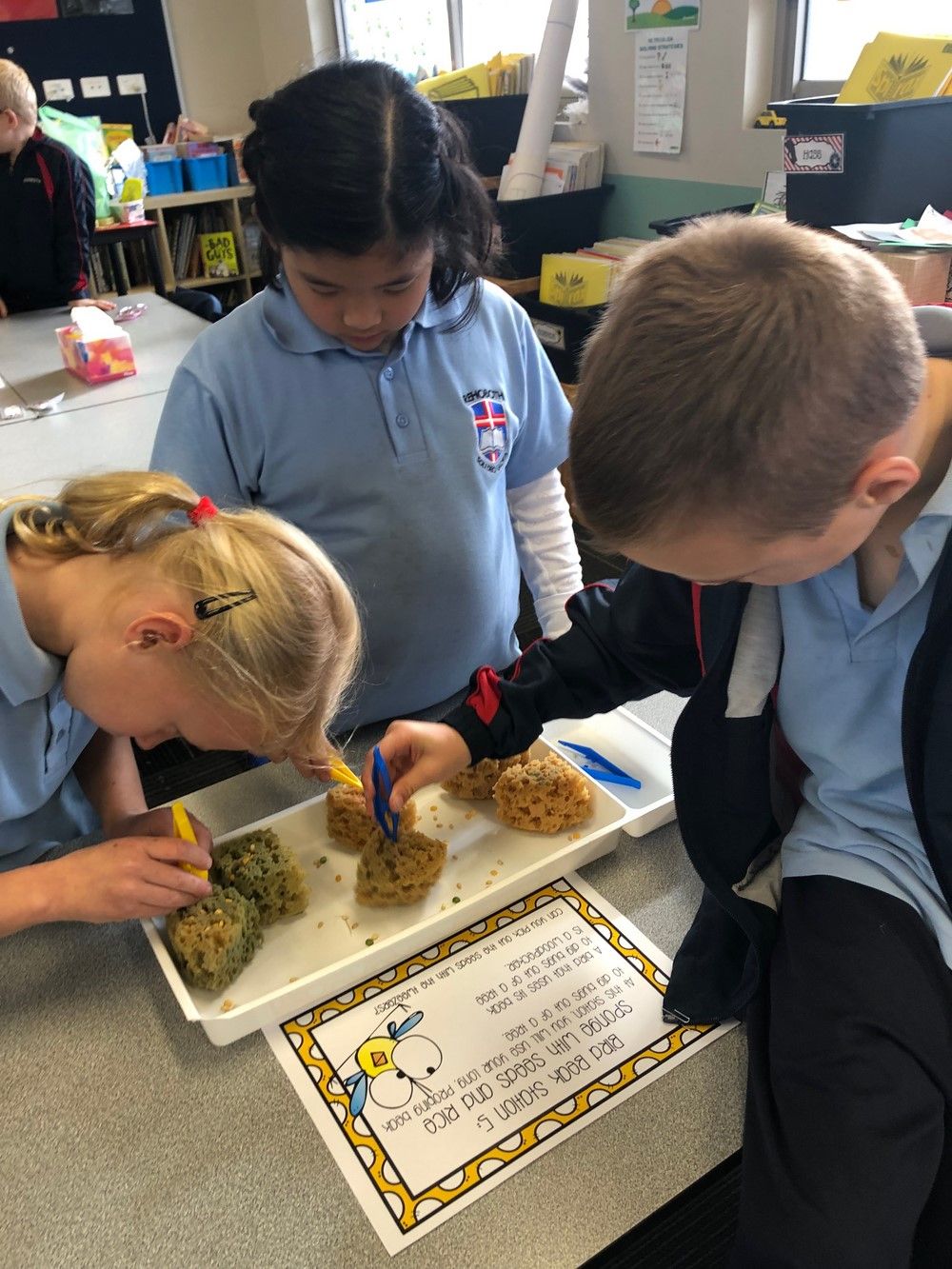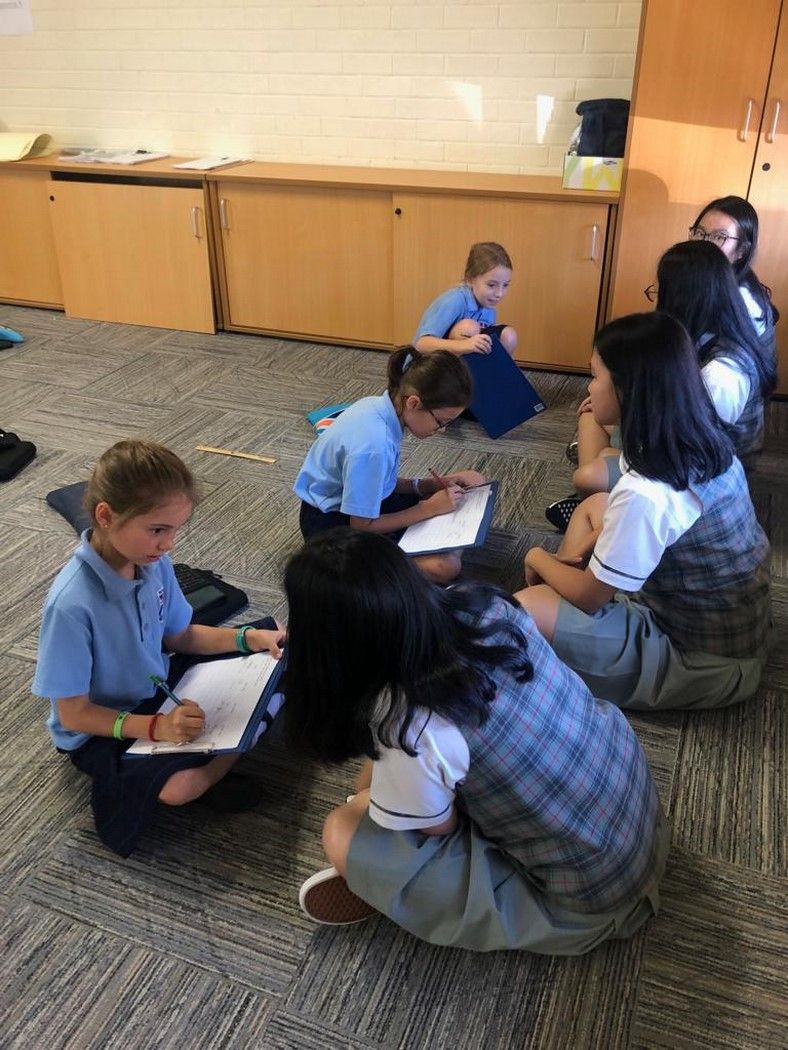As I was preparing for my devotions for my Year 12 class this week, I reflected on the importance of being thankful. It is something that is becoming less common in our 21st century world, as our expectations are forever increasing, our stress levels are rising, and the pressures of life are getting greater. We take so much for granted. Philippians 4 came to mind, which is not surprising, as it is one of my favourite chapters. Verse 7 says, “Do not be anxious about anything, but in everything, by prayer and petition, with thanksgiving, present your requests to God.”
I came across someone the other day who was talking about “positive education”. His message included the idea of finding three things each day that you are grateful for, and he talked about how this had the capacity to change your life. Many of the happiest people are people who don’t have very much. I was blessed to see the Watoto Children’s Choir (from Uganda) a few months ago, and listen to the children’s songs and stories. One young boy talked about having a dream. His dream was to own his own pair of shoes. The joy in him was infectious.
Gratitude can change your perspective on life. It can take our focus off the problems and place them onto the blessing that we enjoy, that we so often take for granted. It is true that whatever we look for, we find. If we look for the good in people, for example, we will find it. If we look for the opposite, we will find that as well.
It may or may not surprise you that recent studies have shown that being thankful improves our physical and emotional health. Holding onto feelings of thankfulness actually boosts our immune system and increases blood supply to our heart. Daily guided exercises or the habit of keeping a weekly gratitude journal can increase our alertness, enthusiasm, and energy, and improve our sleep. People who describe themselves as feeling grateful tend to suffer less stress and depression than the rest of the population.
Gratitude doesn’t come naturally to us. This is clearly demonstrated in Jesus’ healing of the ten lepers recorded in Luke 17:11-19. All ten lepers longed to be healed. Jesus told them to go and show themselves to the priest. As the ten lepers walked off to obey, their skin disease disappeared. Only one of the men came back to Jesus, shouting praises. Jesus asked, “Were not all ten cleansed? Where are the other nine?” Good question!
In 1 Thessalonians 5:18, we are instructed to be thankful in all circumstances. When we focus on our blessings, it’s easier to keep our problems and concerns in the right perspective. A spirit of thankfulness honours God, strengthens our faith, our relationships with other people, and can become a foundation of our worship. It enables us to focus on God’s faithfulness to us in the past. How often do we stop to celebrate His goodness, or are we always running ahead to the next problem, needing more stuff, a promotion or position, or striving to get to the next level?
Eugene Peterson’s interpretation of Philippians 4:4-7 (MSG) is, “Celebrate God all day, every day. I mean, revel in him! Make it as clear as you can to all you meet that you’re on their side, working with them and not against them. Help them see that the Master is about to arrive. He could show up any minute! Don’t fret or worry. Instead of worrying, pray. Let petitions and praises shape your worries into prayers, letting God know your concerns. Before you know it, a sense of God’s wholeness, everything coming together for good, will come and settle you down. It’s wonderful what happens when Christ displaces worry at the centre of your life.”
Max Lucado writes, “Gratitude gets us through the hard stuff. To reflect on your blessings is to rehearse God’s accomplishments. To rehearse God’s accomplishments is to discover his heart. To discover his heart is to discover not just good gifts but the Good Giver. Gratitude always leaves us looking at God and away from dread. It does to anxiety what the morning sun does to valley mist. It burns it up. Join the ranks of the 10% who give God a standing ovation.”








